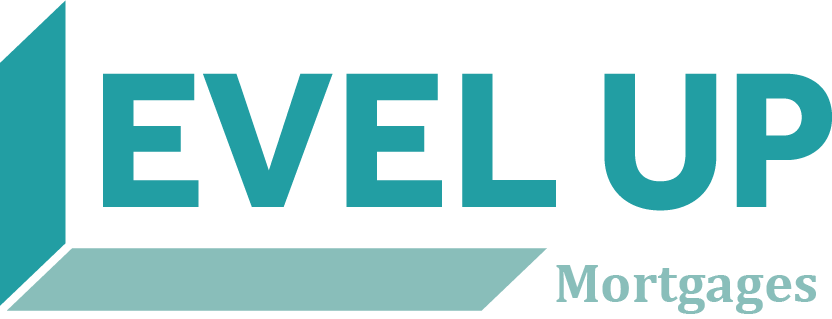Everything to Understand about Canadian Commercial Mortgages
In the commercial world, there are a ton of different types of properties that you can invest in. You can go the traditional route and purchase an office building or a retail space, or you could get a little more creative and invest in a storage facility, a hotel, or even a piece of undeveloped land.
The great thing about commercial real estate is that there is always a demand for it, so you can feel confident that your investment will continue to grow. Plus, with the right property, you can see a healthy return on your investment much sooner than you would with a residential property.
Commercial real estate investing can be a great way to make money, but it is essential to understand that it differs from residential real estate investing. One of the main differences is that commercial spaces can be much larger than residential homes. Depending on the investor's goals, this can be good or bad. Another difference is that commercial real estate is typically more expensive than residential real estate.
What Is a Commercial Mortgage?
It is a loan used to finance the purchase of a commercial property. Commercial mortgages are typically used to purchase office buildings, retail spaces, warehouses, and other types of commercial real estate.
Like a residential mortgage, a commercial mortgage is paid off with regular mortgage payments over a set period. However, commercial mortgages typically have higher interest rates than residential mortgages.
Commercial vs. Residential Mortgages
Regarding real estate financing, there are two main types of mortgages: commercial and residential. As their names suggest, commercial mortgages are meant for large real estate investment corporations, while residential mortgages are for typical homebuyers and small real estate investors.
WOWA has summarized the differences between the two types of mortgages, let's take a deeper look. One of the main distinctions between commercial and residential mortgages is the mortgage rate. Commercial mortgages tend to have a higher rate compared to residential mortgages. In Canada, the rate benchmark for commercial mortgages is a 5-year bond, while for residential mortgages, it is an overnight rate set by the Bank of Canada.
Another difference is the maximum loan-to-value (LTV) ratio, which refers to the amount of the property's value that can be financed through a mortgage. The maximum LTV is typically 85% for commercial mortgages, while for residential mortgages, it is 95%. A homebuyer can finance a more significant portion of the property's value with a residential mortgage.
The maximum amortization period, or the time the mortgage is repaid, also varies between commercial and residential mortgages. For commercial mortgages, the maximum amortization period is usually 40 years, while for residential mortgages, it is 30 years.
Both commercial and residential mortgages are available through the Canada Mortgage and Housing Corporation (CMHC). However, the qualification criteria for these two types of mortgages differ. Lenders typically consider the property's ability to generate income and the borrower's financials to qualify for a commercial mortgage. For a residential mortgage, lenders usually consider only the borrower's financials.
Special Mortgages
Commercial buildings often require a higher down payment than residential properties do. Because they are considered a higher-risk investment, the lender wants to ensure they have skin in the game.
Lastly, commercial mortgages often have shorter terms than residential mortgages because commercial buildings are seen as a higher-risk investment, so the lender wants to minimize their exposure. To get a commercial mortgage, the lender must thoroughly assess the property's eligibility.
This process may take longer than getting a residential mortgage. Additionally, commercial and residential properties represent different levels of risk. An investor's ability to pay off a loan relies on their ability to generate income, run a successful business, or find reliable tenants. However, this can be difficult in some commercial space segments, such as retail.
Different types of mortgage loans are available to buyers depending on the type of property being purchased. Businesses and corporations usually buy commercial properties with different goals and needs than regular residential investors. Lenders offer different mortgages to meet the needs of these different buyers.
Bottom Line
A commercial mortgage is a loan taken out on a property that will be used for commercial purposes. This could be anything from an office block to a factory or a retail unit. The property must be income-producing in some way.
There are a few things to bear when considering taking out a commercial mortgage in Canada. Making the right decisions about which property to buy and what sort of mortgage to get can significantly impact your investment success. You should also consider speaking with other professionals, such as real estate lawyers and business planners, to ensure you are approved quickly and your business or investment is successful.
Are you looking for a mortgage broker in Canada? Turn to Level Up Mortgages.
Level Up Mortgages makes it easier for new buyers, real estate investors, and even the self-employed to find the funding they need. If you are looking for conventional or private lending in Canada, get in touch with us today!
